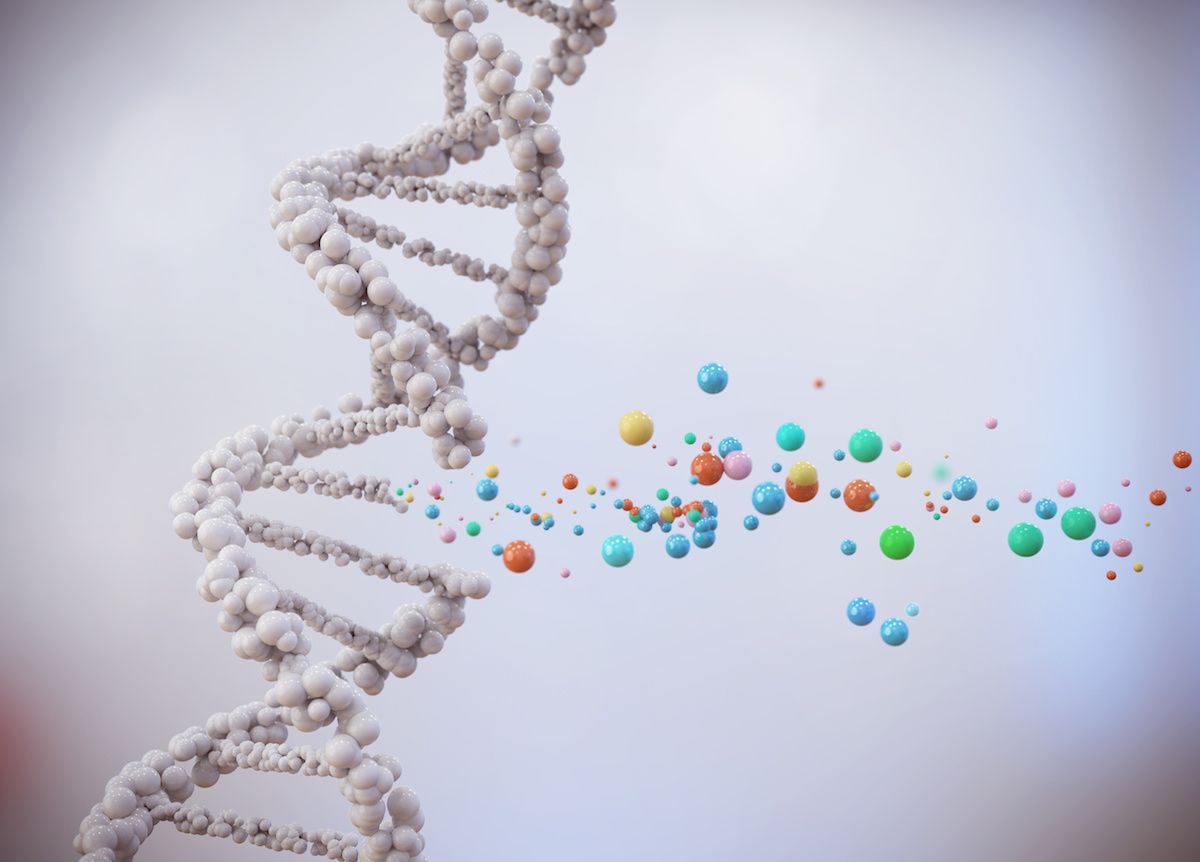There’s no question that pancreatic cancer is a challenging disease to treat. National statistics reveal several hard truths: Survival rates remain unacceptably poor. Few cases are diagnosed at early stages, and even among those, pancreatic cancer tends to resist standard treatments like chemotherapy and radiation. Therefore, research on pancreatic cancer remains a top priority worldwide and continues to improve our understanding of the disease as well as provide new, emerging options to treat it.
“We should always have hope,” says Christos Fountzilas, MD, FACP, Department of Medical Oncology at Roswell Park Comprehensive Cancer Center. “The statistics are the statistics, but every person is different, every story is different. We have treatments today that we did not have yesterday.”
Finding Pancreatic Cancer’s Weakness
One new avenue of research looks at ways to make pancreatic cancer more sensitive to existing therapy. Some of the latest developments that Dr. Fountzilas considers exciting are new agents that target the cancer cells' own metabolism. These agents can starve tumors of essential nutrients, prevent them from growing and spreading, and improve the efficacy of existing chemotherapy drugs. Two of these agents are in the final stages of clinical trials across the country — including at Roswell Park.
Another approach aims to harm cancer cells by disrupting function within the tumor’s microenvironment. It’s like a stubborn weed growing in your lawn. Even when you douse it with weed killer and pull it out, it often grows back. One way to prevent the weed from growing is to change the soil so that it’s unable to provide the nutrients the weed needs to grow. Roswell Park recently completed a clinical trial of a new agent, a monoclonal antibody, that targets the pancreatic cancer microenvironment. Specifically, it can target supportive cells within the tumor that form a “wall” to protect cancer cells. Disrupting this wall can improve the activity of chemotherapy drugs.
Using Nanotechnology to Deliver Drugs
Another way to improve pancreatic cancer cells’ response to chemotherapy is to change how the drug is delivered. Nanotechnology is a field that aims to build things, but on a very tiny scale — measured in atoms and molecules rather than feet and yards. One use of nanotechnology in medicine involves building an encapsulation system to contain a drug and control how it’s secreted in the body.
With nanotechnology, scientists have developed a way to encapsulate the cancer drug irinotecan into a tiny spherical vesicle to keep the drug circulating longer in the body, extending the window of antitumor activity and reducing side effects. Irinotecan is a drug included in the chemotherapy drug combination FOLFIRINOX (fluorouracil, leucovorin, irinotecan and oxaliplatin), a standard regimen for pancreatic cancer. Clinical trials using the encapsulated version — nanoliposomal irinotecan — instead of standard irinotecan are underway, and one will be available at Roswell Park soon.
Taking Another Look at Immunotherapy
Using the immune system to fight cancer has shown remarkable promise against many cancers, but until recently, it wasn’t believed to be effective against pancreatic cancer.
“Scientists have discovered that long-term pancreatic cancer survivors have an activated immune system that specifically targets pancreatic cancer mutations called neoantigens,” explains Leonid Cherkassky, MD, Department of Surgical Oncology. “This goes against the long-held belief that the immune system is not active in immunosurveillance of pancreatic cancer and justifies new immunotherapeutic approaches that are in development.”
Why Roswell Park for Pancreatic Cancer?
Find out what makes Roswell Park unique in fighting pancreatic cancer.
Learn MoreImmunotherapy approaches — such as vaccines that target these neoantigens, and adoptive T-cell therapy — are two of the latest promising options. Here at Roswell Park, the Center for Immunotherapy is on the cutting edge of this treatment development. We have an active clinical program for adoptive T-cell therapy, a procedure in which a patient’s own immune cells are drawn from their blood, genetically engineered, multiplied and injected back into the patient in order to stimulate a sustained attack against cancer. We are currently developing new gene-engineered T-cell therapies targeting pancreatic cancer.
Beyond adoptive T-cell therapy, researchers are looking at ways to make pancreatic tumors vulnerable to standard immunotherapy drugs, by converting them from “immune cold” tumors (which don’t respond to immunotherapy) to “immune hot” tumors (which respond well to immunotherapy). Recently, a team of Roswell Park researchers found that a combination of drugs that block the cell cycle and target key pathways that sustain tumor growth had an additional cancer-fighting effect. While this combination blocked tumor growth efficiently, it also appeared to “reprogram” pancreatic cancer so that the tumor became “immune hot.” (Read more about this work) Researchers are planning a clinical trial that will evaluate this approach in patients prior to surgery.
Pancreatic cancer is a hard-to-treat disease and requires coordinated efforts from basic and clinical cancer researchers, Dr. Fountzilas explains. “Blocking a single pathway is not enough. New exciting evidence shows the significance of all these approaches: targeting the cancer cells with new optimized chemotherapy drugs, disrupting the metabolism and microenvironment to allow chemotherapy drugs to work better, and reprogramming the tumor so that the immune system can effectively eliminate it. Patients with pancreatic cancer should consider participation in clinical trials from the very beginning of their diagnosis.”



